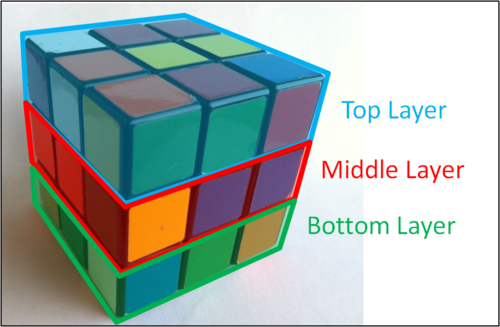At the CDC, a Debate Behind Cellphone Usage Risks
Recently, there has been growing concern at the Center for Disease Control over using your cellphone too much. A 2010 study said that there was no problem with using your cellphone, but that was 2010, and cellphone usage has increased by a lot in the past few years.
When the CDC published new guidelines 18 months ago regarding the radiation risk from cellphones, it used unusually bold language on the topic for the American health agency: “We recommend caution in cellphone use.” The agency’s website previously had said that any risks “likely are comparable to other lifestyle choices we make every day.” Within weeks, though, the C.D.C. reversed course. It no longer recommended caution, and deleted a passage specifically addressing potential risks for children.
There seems to be a lot of debate, as many scientists have reached different conclusions based on the same evidence. Radiation released by nuclear bombs is obviously harmful. Known as ionizing radiation, it is powerful enough to remove electrons from atoms. By contrast, radio-frequency energy is a form of non-ionizing radiation given off by cellular and portable phones, Wi-Fi routers, baby monitors and countless other devices. However, recent studies have agitated politicians enough as to make them pass laws to make cell phone retailers warn their customers that phones could actually produce hazardous radiation.
I hope that people will find a way to make cellphones safer so that there are less risks of cancer and other diseases.
When the CDC published new guidelines 18 months ago regarding the radiation risk from cellphones, it used unusually bold language on the topic for the American health agency: “We recommend caution in cellphone use.” The agency’s website previously had said that any risks “likely are comparable to other lifestyle choices we make every day.” Within weeks, though, the C.D.C. reversed course. It no longer recommended caution, and deleted a passage specifically addressing potential risks for children.
There seems to be a lot of debate, as many scientists have reached different conclusions based on the same evidence. Radiation released by nuclear bombs is obviously harmful. Known as ionizing radiation, it is powerful enough to remove electrons from atoms. By contrast, radio-frequency energy is a form of non-ionizing radiation given off by cellular and portable phones, Wi-Fi routers, baby monitors and countless other devices. However, recent studies have agitated politicians enough as to make them pass laws to make cell phone retailers warn their customers that phones could actually produce hazardous radiation.
I hope that people will find a way to make cellphones safer so that there are less risks of cancer and other diseases.


Comments
Post a Comment